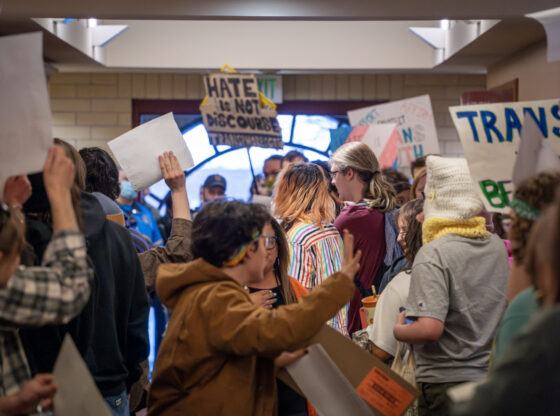Amazon released its highly anticipated list of 20 finalists for its new headquarters on Jan. 18, another very visible step in the hyped public bidding process that has taken place over the last few months. Denver is still in the game—its tech-industry focus and draw of young people placed it on the list of contenders early on, so it is not a surprise that the city has advanced. In fact, the New York Times picked Denver as the best choice back in September. After the release of the finalists, Governor John Hickenlooper made headlines last week by saying there would be a “sense of relief” if Denver is not selected. He has since had to backtrack on these comments, clarifying that he still will work hard to win the bid. But his comment was not wrong—for all of the beneficial growth Amazon would bring to Denver, it is all too likely that the difficulties would outweigh it.
Predictions about the new headquarters, which is being called HQ2, detail what could be a $5 billion investment that would potentially add around 50,000 new, high-paying jobs to the chosen area (annual wage averages over $100,000 for these jobs). It is this economic opportunity that has cities vying for selection. Where the cons list comes in is the downsides of such a large addition of high-paying jobs—for a city like Denver that is already experiencing growing pains, tens of thousands more residents moving here would drive up rents and worsen traffic congestion.
In 2016, Denver was reported to have the 21st worst traffic in the U.S., and the city’s population has grown since that date. Traffic congestion is one of the primary concerns for cities being considered by Amazon, and it is already a large concern in the Denver area even without this consideration. Public officials have declined to release proposed locations for the headquarters, but Amazon intends for the size to equal that of its Seattle headquarters which consists of over 30 buildings. A giant new campus and tens of thousands of new workers will undoubtedly increase traffic congestion. Denver’s infrastructure is already struggling to handle current growth.
Housing prices and neighborhood gentrification are also concerns, and again, these are issues Denver is struggling to keep up with in the current status quo. The city is facing an affordable housing shortage of thousands of units, and gentrification in many of Denver’s neighborhoods is a major problem (brought to national attention by a sign outside of Ink Coffee in Five Points that tactlessly joked about the subject). The more highly paid Amazon employees move into Denver, the more pressure will be placed on housing and rents, and this will hugely complicate the affordability and gentrification issues that Denver can barely deal with at the moment. Pricing residents out of their own homes is a real danger for the city, and it absolutely must be avoided.
In taking back his relief comment, Governor Hickenlooper said that though Denver has growth problems, Amazon can be a “partner in that growth.” It is tempting to believe that this kind of collaboration and innovation would happen, and it is also incredibly difficult to argue against what would be a huge boost for Colorado’s economy. But what was most likely behind Hickenlooper’s original words is the knowledge that Denver is already attracting people and jobs on its own, and that the city still needs time to adjust to these changes as is. The arrival of Amazon would heighten the severity of each of these in a way for which the city of Denver is not prepared and which it should not accept.











